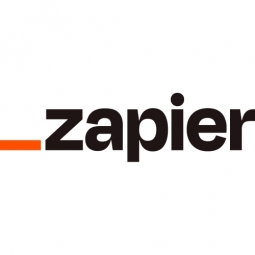Zapier's Role in Streamlining Operations and Boosting Growth for Tech Startups
- Functional Applications - Inventory Management Systems
- Sensors - Autonomous Driving Sensors
- Automotive
- Cement
- Procurement
- Warehouse & Inventory Management
- Smart Parking
- Vehicle-to-Infrastructure
- System Integration
The case study revolves around the challenges faced by the founders of Carlypso, a tech startup that sold cars 100% online. The company was founded in 2013 and sold to Carvana in 2017. The primary challenge was the limited engineering resources, which were spread thin due to competing priorities and a constantly changing roadmap. The founders felt that they were distracting their engineers with requests to integrate off-the-shelf apps, which was hindering them from focusing on building technology products that could differentiate them from their competitors. Another significant challenge was the manual tasks that prevented the company from scaling quickly. These tasks involved moving data from one system to another, which was time-consuming and inefficient.
The customer in this case study is the co-founder of Carlypso, a tech startup that sold cars 100% online. The company was founded in 2013 and sold to Carvana in 2017. The co-founder, along with his partner, faced challenges in managing their limited engineering resources and dealing with manual tasks that were preventing the company from scaling quickly. After the sale of Carlypso, the co-founder launched the Sell to Carvana vertical that helped Americans sell their cars to the company. The co-founder also started a new company, Clutch, in 2020, where Zapier is once again proving to be an invaluable tool in their journey.
The solution to the challenges faced by the founders came in the form of Zapier, a tool that allowed them to automate their manual tasks without adding more people to the team. The founders used Zapier to populate fields in SalesForce, create PDFs from excel templates, and attach those documents to the respective SalesForce records. This significantly reduced the manual time spent per car purchased from more than 20 minutes to literally seconds. Furthermore, Zapier was used to automate a series of tasks that started when an email hit a Mailbox.io inbox. The tool parsed the lead information, searched Salesforce for the respective records, called several internal APIs, scheduled email and SMS follow-ups, calculated some information, updated Salesforce again, and notified the team over Slack. This automation allowed the engineers to focus on the pricing and valuation technology, which was the key differentiator for the company.
Related Case Studies.











